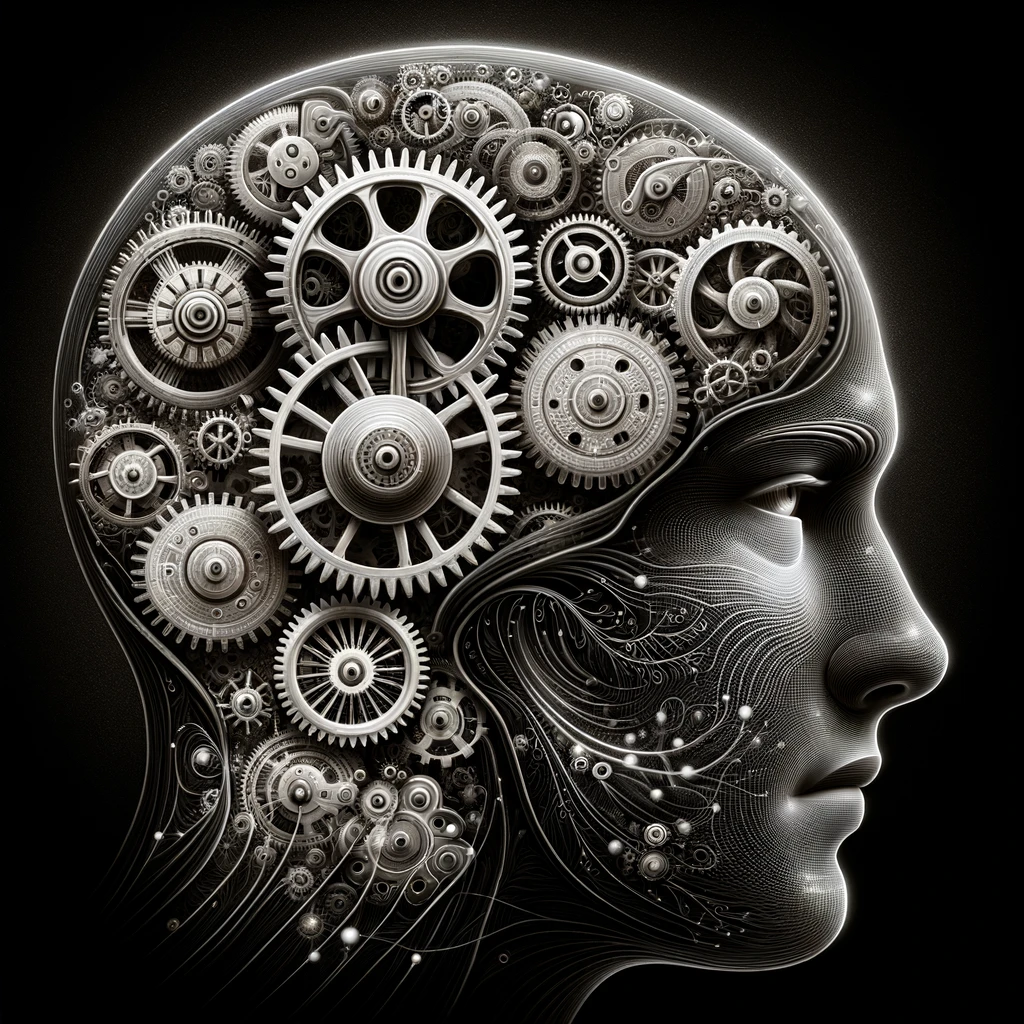
A traumatic brain injury (TBI) occurs when a person sustains a sudden blow or injury to the head. TBIs can result from a fall, motor vehicle crash, sports injury, or gunshot wound. Brain injuries can range from mild to life-threatening. Treatments range from rest to brain surgery depending on the severity of the injury.
Traumatic brain injuries are one of the most common causes of disability in the United States.
A TBI — even a mild TBI can lead to a variety of long-term physical and mental health problems, including fatigue, blurred vision headaches, depression, and anxiety. More severe TBIs can result in seizures, stroke, and coma. TBIs can affect a person’s ability to think clearly and remember important facts. A person may need long-term treatment to deal with complications that result from TBIs.
Transcranial Magnetic Stimulation (TMS) and Magnetic Resonance Therapy (MeRT) are two non-invasive treatments that have been shown to be effective in treating traumatic brain injuries. These innovative treatments can reduce some of the long-term symptoms often seen with these types of injuries.
Symptoms of a Traumatic Brain Injury
Traumatic brain injuries can have a variety of psychological and physical symptoms. Some occur right away while others can happen weeks later.
- Headache
- Repeated nausea or vomiting
- Dilation of the pupils
- Weakness or issues with balance
- Slurred speech
- Loss of balance or dizziness
- Loss of consciousness
- Feeling anxious or depressed
- Sleeping more than normal or having trouble falling asleep
- Seizures
It’s always important to seek medical attention after a traumatic brain injury no matter how mild the injury. TBIs can lead to coma and death.
Long-Term Effects of Brain Injuries
Brain injuries can result in a variety of long-term complications. A person may experience these issues for months or even years after a brain injury.
- Vertigo – Brain injuries can cause vertigo, which is a condition characterized by dizziness.
- Frequent headaches – A person may have frequent headaches after a TBI. They may begin within a couple of days after the injury and could persist for several months or more.
- Memory loss – After a brain injury, a person may experience a loss of memory.
- Trouble completing tasks – A loss of motivation can occur after a brain injury. This can make it difficult to complete tasks.
- Problems with concentration – After a traumatic brain injury, a person may find it difficult to pay attention and concentrate. They may report having foggy thinking.
- Behavioral and personality changes – A person with a TBI may experience a number of behavioral problems. They may have difficulty with self-control and in social situations. Their personality may be different.
- Communication problems – These can include difficulty understanding speech and trouble starting a conversation. This is often frustrating for the person with the TBI.
- Emotional problems – Depression, anxiety, mood swings and other emotional issues can occur after a TBI. Panic attacks, irritability, and problems with anger are also common.
There are two non-invasive treatments that may help address the above TBI complications: Transcranial Magnetic Stimulation (TMS) and Magnetic Resonance Therapy (MeRT). Let’s take a closer look.
What is Transcranial Magnetic Stimulation (TMS)?
Transcranial magnetic stimulation (TMS) is a treatment that utilizes short pulses of magnetic energy to activate the brain’s nerve cells. This non-invasive brain stimulation is FDA-approved to treat major depression, obsessive-compulsive disorder (OCD), and smoking cessation. TMS is used off-label for the treatment of several other conditions, including bipolar depression, panic disorders, and TBI.
What the Research Says About TMS and TBI
Many research studies have examined the use of TMS for TBI. One meta-analysis examined 342 studies starting from May 19, 2020. These studies all involved the use of repetitive transcranial magnetic stimulation (rTMS), which is a form of TMS, for treating post-concussion depression and headaches. According to the meta-analysis, rTMS was found to be effective in treating these two common post-concussive symptoms. Other studies have shown similar results.
What Is Magnetic Resonance Therapy (MeRT)?
MeRT, which stands for Magnetic Resonance Therapy, is a highly customized form of transcranial magnetic stimulation (TMS). It combines the use of repetitive transcranial magnetic stimulation (rTMS), with an Electrocardiogram (ECG/EKG) and quantitative Electroencephalogram (qEEG) to find and treat areas of the brain that aren’t working properly.
Advantages of TMS and MeRT
There are many advantages of TMS and MeRT compared to other treatments for traumatic brain injuries.
- Non-invasive – You won’t have to undergo anesthesia for MeRT or TMS.
- Outpatient setting – Both treatments are done right in an outpatient setting, which makes it easy to get in and out.
- Well-tolerated – Most people experience few side effects with TMS and MeRT.
- Drug-free – With MeRT and TMS, you don’t have to worry about side effects associated with many drugs.
- Targeted therapy – MeRT specifically targets injured brain areas.
What Are the Benefits of TMS and MeRT for TBI?
There are a variety of benefits that patients may experience after treatment with TMS or MeRT. Here are a few of them:
- Reduction of depressive symptoms
- Reduced anxiety
- Better sleep quality
- Increased motivation
- Improved concentration and focus
- Reduction of headaches
- Improved emotional stability
- Improved motivation
Who Is Not a Candidate for TMS or MeRT?
TMS and MeRT are not right for everyone. You should not get TMS or MeRT if you have:
- Metal in your neck or head – If you have had shrapnel or bullet pieces, stents, cochlear implants, metal plates, or facial tattoos with metallic ink. Having metallic fillings is okay.
- Pacemaker or vagus nerve stimulators (VNS) – Strong magnetic fields like those used with TMS can interfere with the physiological signals from implanted devices and cause them to malfunction.
- History of seizures or epilepsy – There is a small chance that TMS and MeRT can trigger seizures.
Interested in Learning More About TMS or MeRT for TBI?
Brain injuries can be devastating and lead to long-term complications. Transcranial magnetic stimulation and magnetic resonance therapy can lead to an improved quality of life for people with TBI. We would be happy to help you determine if TMS or MeRT is right for you.
Learn how TMS may help you — Contact us to schedule a consultation with one of our physicians.
For our Active Military Personnel and Vets, we are in network with Tricare and TriWest.













